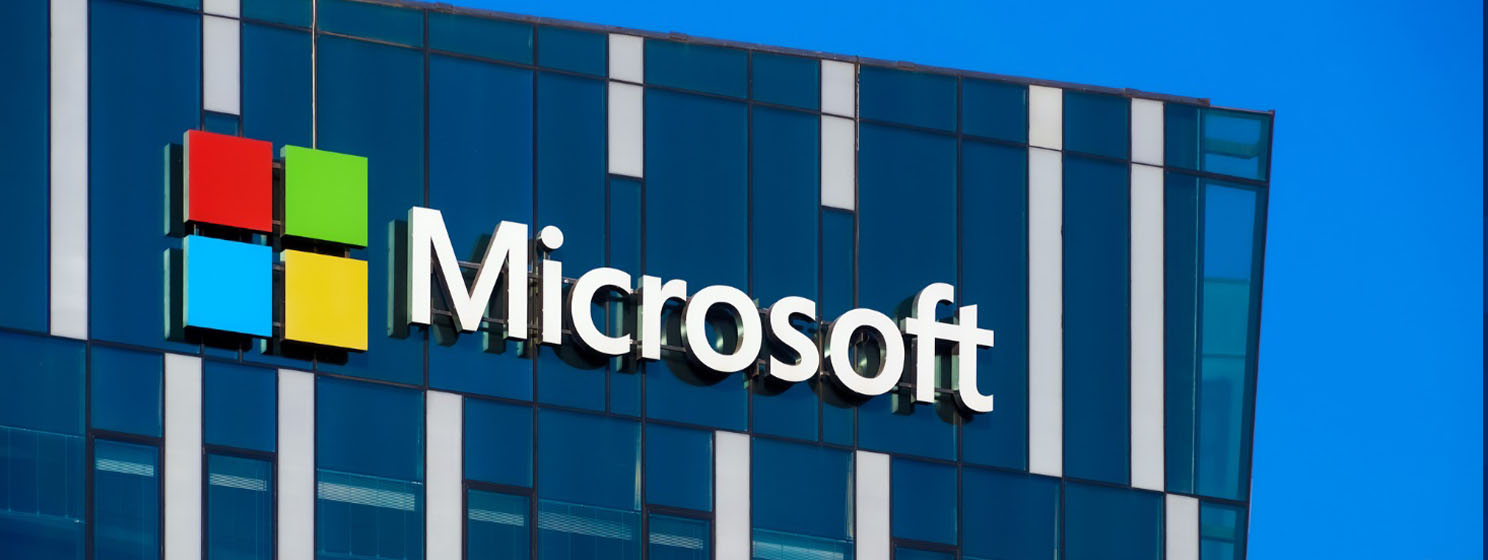|
Getting your Trinity Audio player ready...
|
Technology giant Microsoft (NASDAQ: MSFT) has partnered with the Maharashtra state government in western India to leverage artificial intelligence (AI) in improving government operations and public service delivery. Three AI Centres of Excellence will be set up throughout Maharashtra as part of this collaboration.
“With this collaboration, Maharashtra strengthens its commitment to ‘Digital India, Self-reliant Maharashtra,’ ensuring that governance becomes more capable, citizen-centric, and transparent,” Devendra Fadnavis, chief minister of Maharashtra, announced in an X post.
“AI will enable better decision-making in sectors like agriculture, health, and traffic management, positioning Maharashtra as a leader in digital governance. This initiative will place Maharashtra at the forefront of AI-driven public service innovation, turning the state into an ideal destination for global AI investments,” Fadnavis added.
The three AI Centres of Excellence will drive urban planning, crime investigation, and governance advancements, making systems more efficient and proactive.
“This partnership between Maharashtra Government and Microsoft will accelerate AI adoption—empowering officials, transforming governance, and driving innovation. From classrooms to communities, from governance to growth, AI will play a pivotal role in shaping Maharashtra’s $1 trillion economy dream,” Puneet Chandok, President of Microsoft India and South Asia, announced in a LinkedIn post.
“At Microsoft, we remain committed to a more capable, transparent, and people-first future,” Chandok added.
The first Centre of Excellence will be set up in Mumbai, India’s financial capital and one of the world’s most densely populated cities. This will be a “Geography Analysis Centre,” and will leverage geographic information system (GIS) and satellite imagery for advanced geographical analysis, aiding crucial policy decisions in areas like urban planning and disaster management.
The second Centre of Excellence will be set up in Pune. It will be a “Forensic Research and AI Centre” and will focus on integrating AI into crime investigation and forensic analysis, streamlining processes, and enhancing law enforcement capabilities.
The third center will be set up in Nagpur, which will serve as a hub for AI-based research and training, especially for law enforcement, vigilance, and improving administrative effectiveness.
The key benefits of the Microsoft-Maharashtra government MoU include skill development and employment opportunities for state employees who will also gain access to Microsoft’s MS Learn platform for AI training and certification and improve administrative efficiency.“AI will accelerate document processing and analysis, leading to more accurate, data-driven government decisions. Administrative workflows will be streamlined, allowing for smoother functioning,” Fadnavis pointed out.
Government employees are expected to receive internationally recognized AI training, fostering a more tech-savvy workforce and creating new employment opportunities in the AI and information technology sectors. Additionally, Copilot technology will enable quick responses to citizen complaints and streamline services such as healthcare, transportation, and land records management, ensuring transparency and efficiency.
Fadnavis has set a target of a $1 trillion economy for Maharashtra by 2028-2030. At the same time, India’s federal government has announced its ambition to be a $5 trillion economy by 2027-2028 and the world’s third-biggest economy, leveraging emerging technologies like AI and blockchain as key catalysts for growth.
In January, Microsoft joined hands with IndiaAI, a federal government initiative, to accelerate the adoption and growth of AI in India. As part of this collaboration, Microsoft revealed plans to invest $3 billion in cloud and AI infrastructure within the country over the next two years, which includes building new data centers. Through this partnership, Microsoft aims to provide AI training to 500,000 people by 2026, including students, educators, developers, government employees, and women entrepreneurs.
Microsoft has also collaborated with leading organizations such as RailTel, Apollo Hospitals, Bajaj Finserv, Mahindra Group (NASDAQ: MAHMF), and upGrad. RailTel’s five-year deal aims to leverage AI to transform Indian Railways and the public sector. Apollo Hospitals will work on developing AI-driven healthcare solutions, while Bajaj Finance plans to evolve into a “FinAI company” to serve 200 million customers. Mahindra Group will establish an AI division to foster innovation in its automotive, agriculture, and financial services sectors.
In order for artificial intelligence (AI) to work right within the law and thrive in the face of growing challenges, it needs to integrate an enterprise blockchain system that ensures data input quality and ownership—allowing it to keep data safe while also guaranteeing the immutability of data. Check out CoinGeek’s coverage on this emerging tech to learn more why Enterprise blockchain will be the backbone of AI.
Watch: Blockchain, IPv6, AI & 5G will pave the way for the new Internet

 02-19-2026
02-19-2026 




